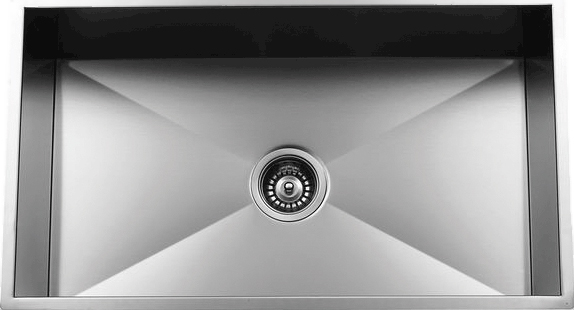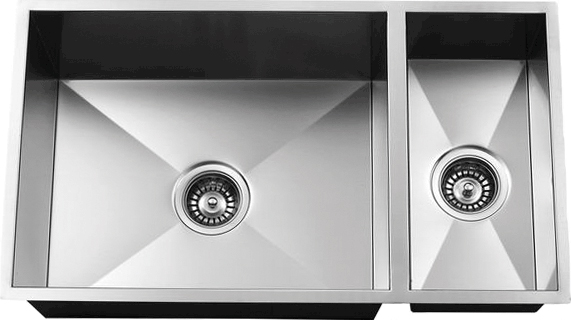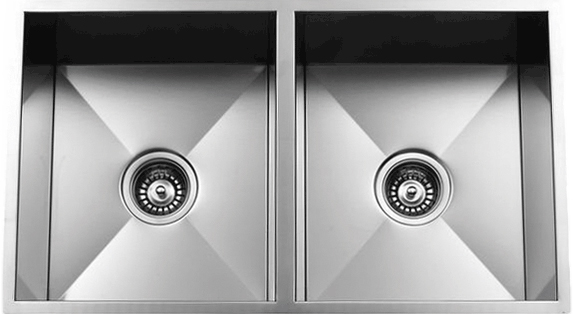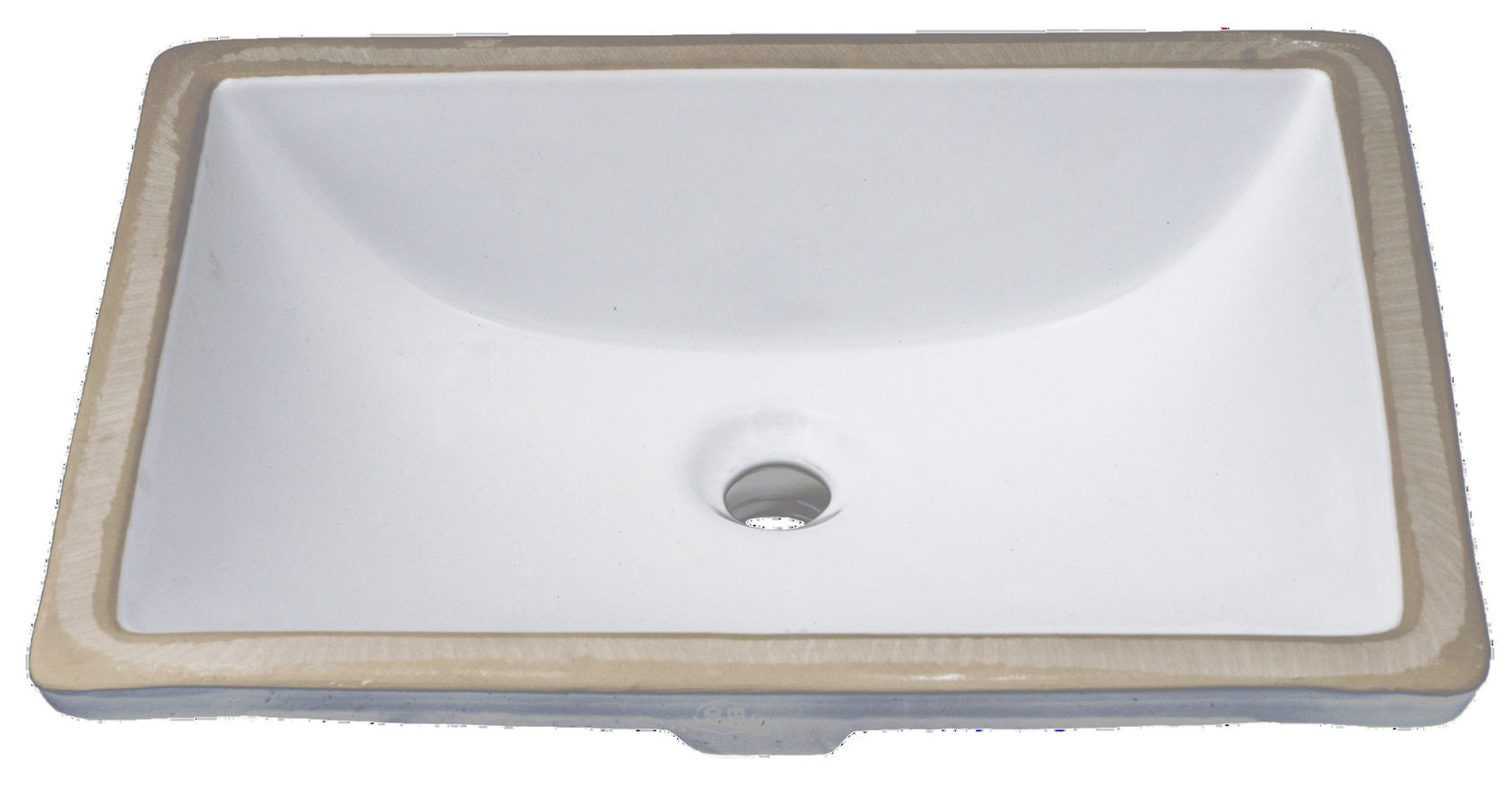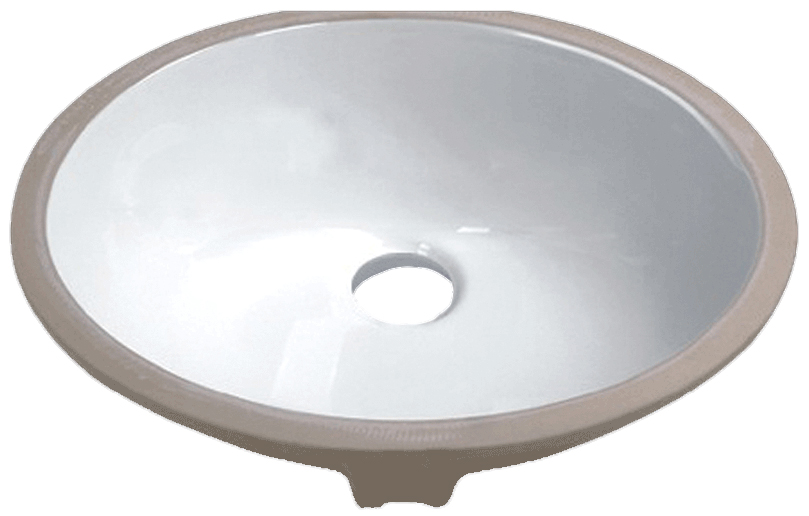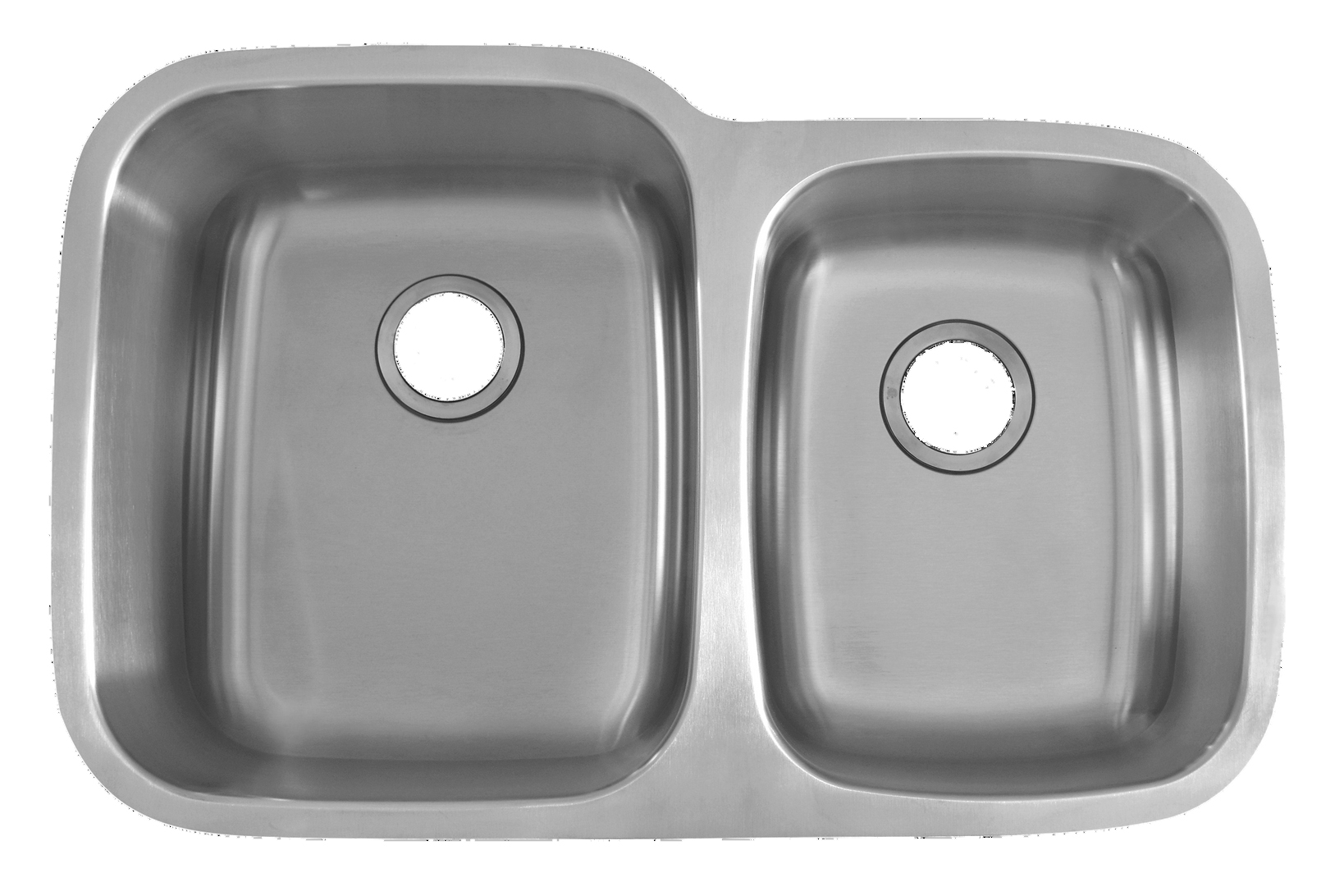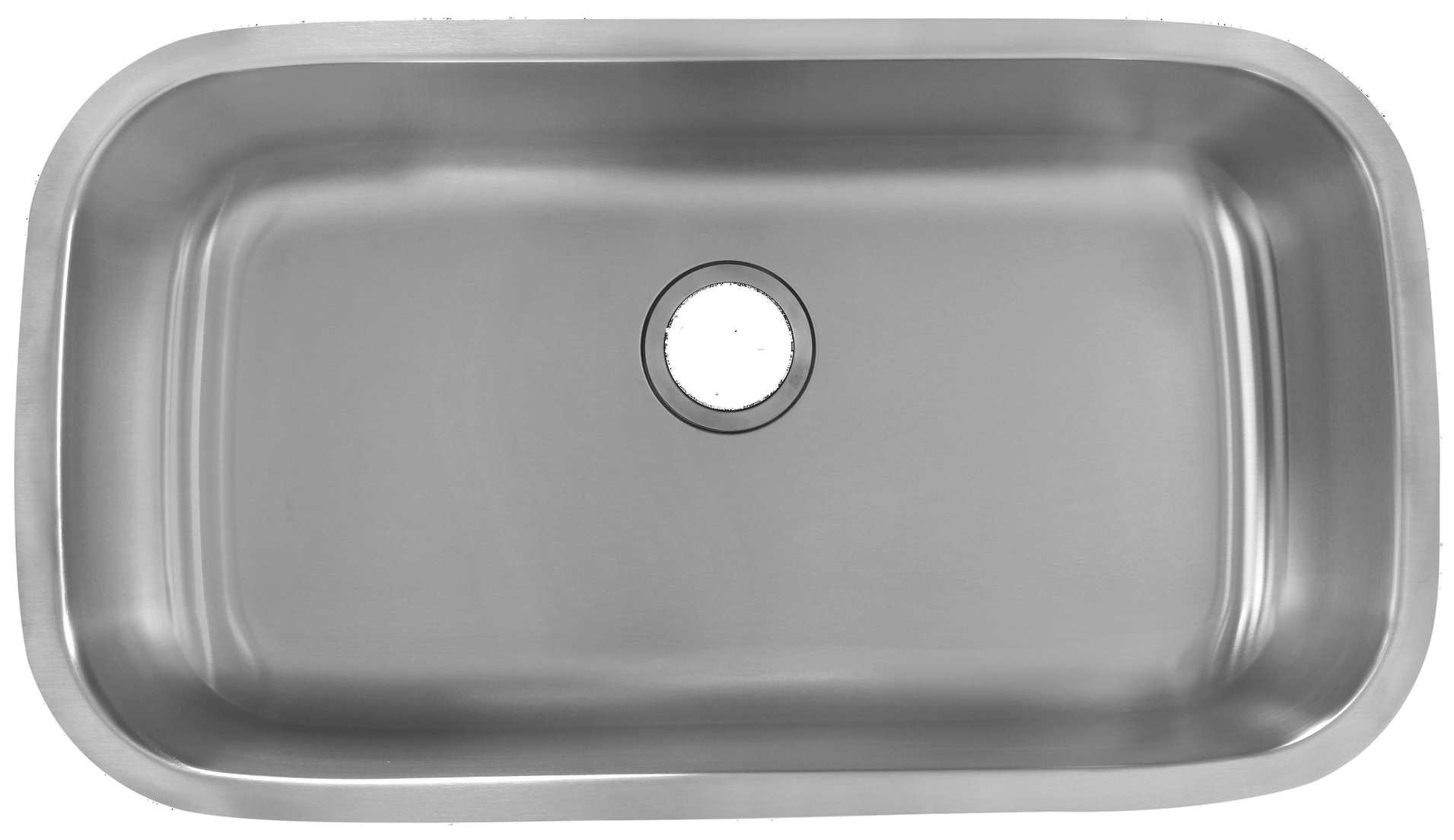Countertops for your home
Typically asked questions we receive when someone calls or comes to our show room include:
1. What are they made of? (Composition)? Granite is a 100% natural stone, an igneous rock composed of minerals like quartz, feldspar, and mica, quarried directly from the earth. Quartz is an engineered stone made of about 90–95% crushed natural quartz crystals mixed with resins, polymers, and pigments.
2. Which one requires less maintenance (sealing)? Quartz is a non-porous material due to the resins and does not require sealing, making it very low maintenance. Granite is naturally porous and requires regular sealing (typically once a year) to prevent staining and bacterial absorption.
3. Which one is more heat resistant? Granite is highly heat resistant and can typically handle hot pots and pans directly on its surface without damage (though sealants might be affected). Quartz is heat resistant up to a point, but the resins used in its composition can scorch, discolor, or crack if exposed to high heat from hot pans, so trivets are essential.
4. Which one has a more consistent or unique appearance? Granite offers a unique, one-of-a-kind look because it's a natural stone with random, unpredictable patterns, veining, and color variations. Quartz has a consistent, uniform appearance across slabs and offers a wider range of customizable colors and patterns since it is engineered.
5. Which one is more durable against scratches and stains? Scratch Resistance: Quartz is generally considered slightly harder and more scratch-resistant than granite. Stain Resistance: Quartz is more stain-resistant due to its non-porous surface. Granite, being porous, is susceptible to staining unless it's properly and regularly sealed.
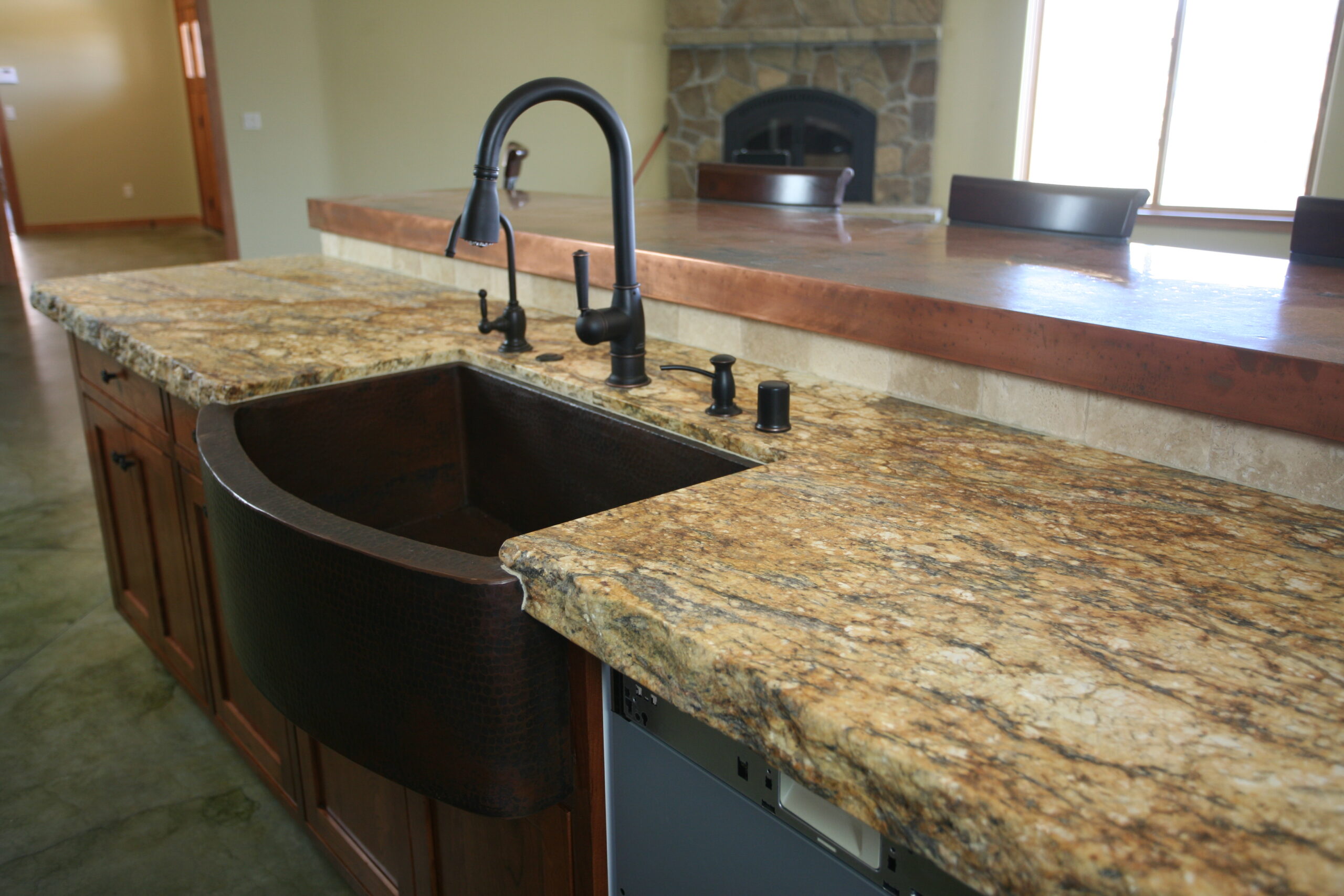
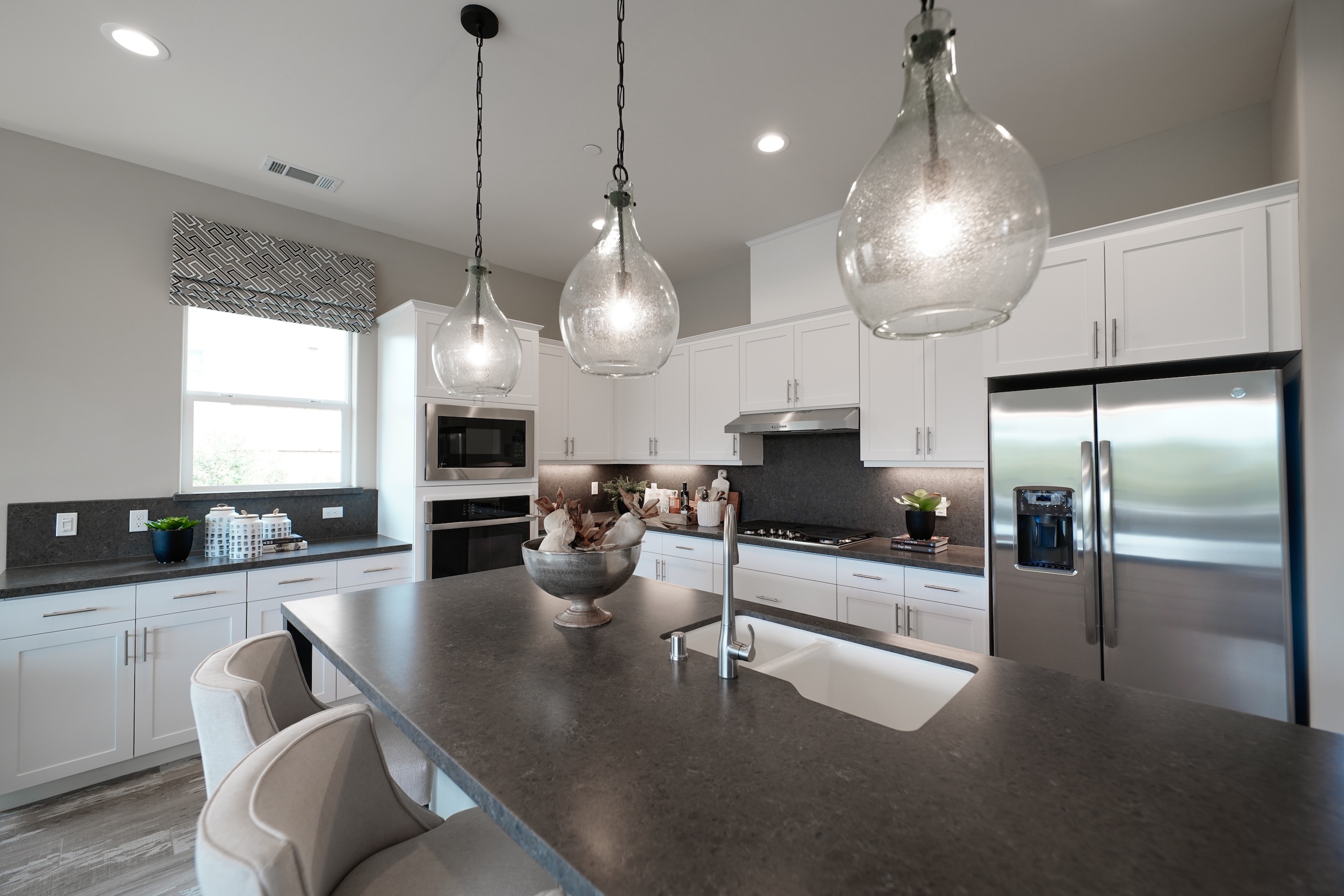

Sink Options Available In Stock
Testimonials
"We were happy to work with Mr Tom's Countertops when choosing our stone for our kitchen. They did a great job recommending the right product and color for our style and we especially loved the recommendation to do a thicker countertop. Everyday we use our countertops and I love the way it works and the way it looks!"
Lani C. - San Luis Obispo"We recently hired Tom’s Tile and Countertops to replace our granite kitchen counters, install a tile backsplash , replace a shower, and two bathroom floors. We replaced our granite countertops with quartz and had the shower re-tiled. The countertop crew did a wonderful job replacing the granite with quartz. The workers always showed up on time and were very professional. We have had workers in the past who were scheduled for a specific time and did not show up when scheduled or not at all. The project manager, Darren was there each morning to make sure everything was running smoothly. The tile crew that did our backsplash and bathroom work also did a great job. They also were very prompt and professional. Both crews always cleaned up after their work for the day and after the project was completed. I would highly recommend Tom’ s Tile for tile projects as well as quartz/granite projects."
Corey and Carol Stowers -
